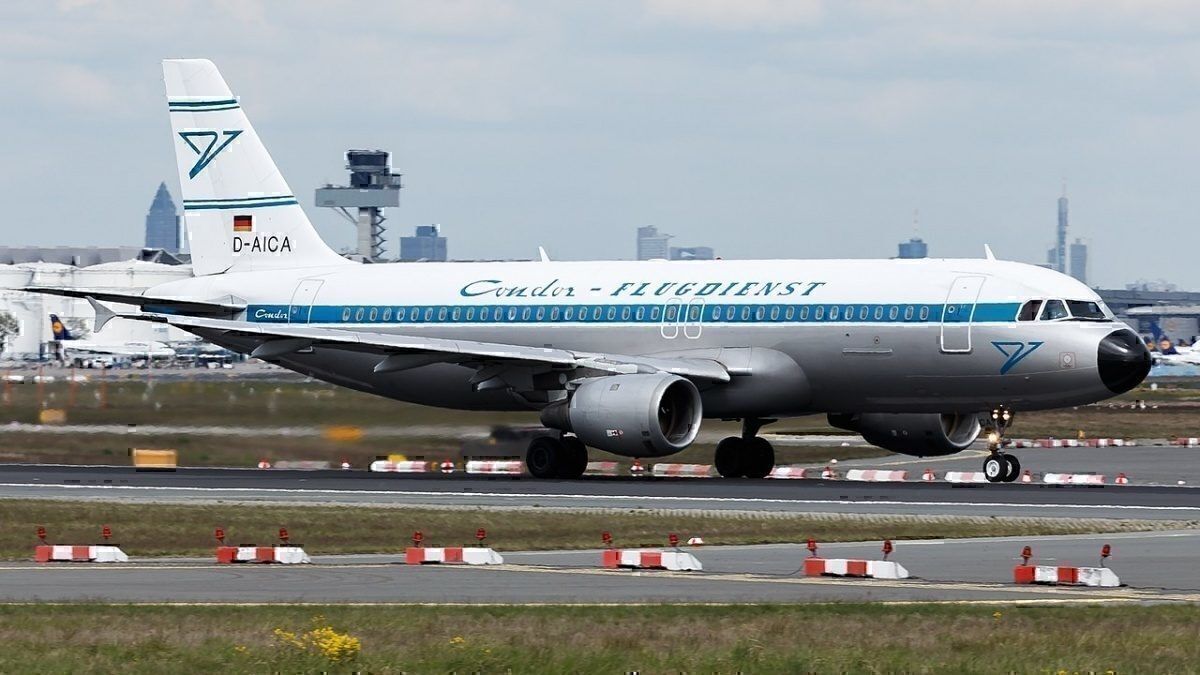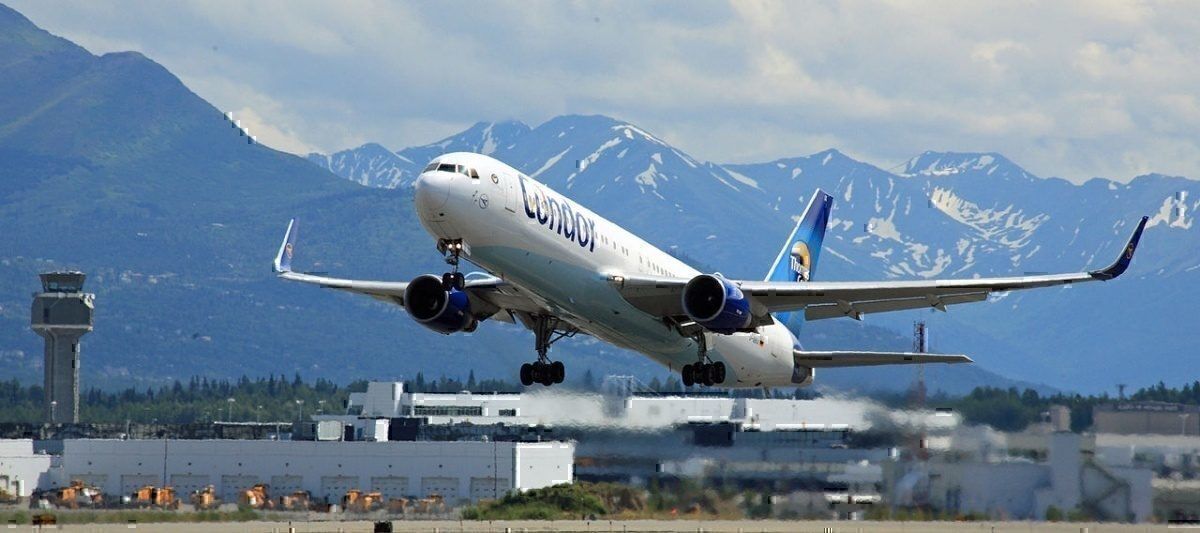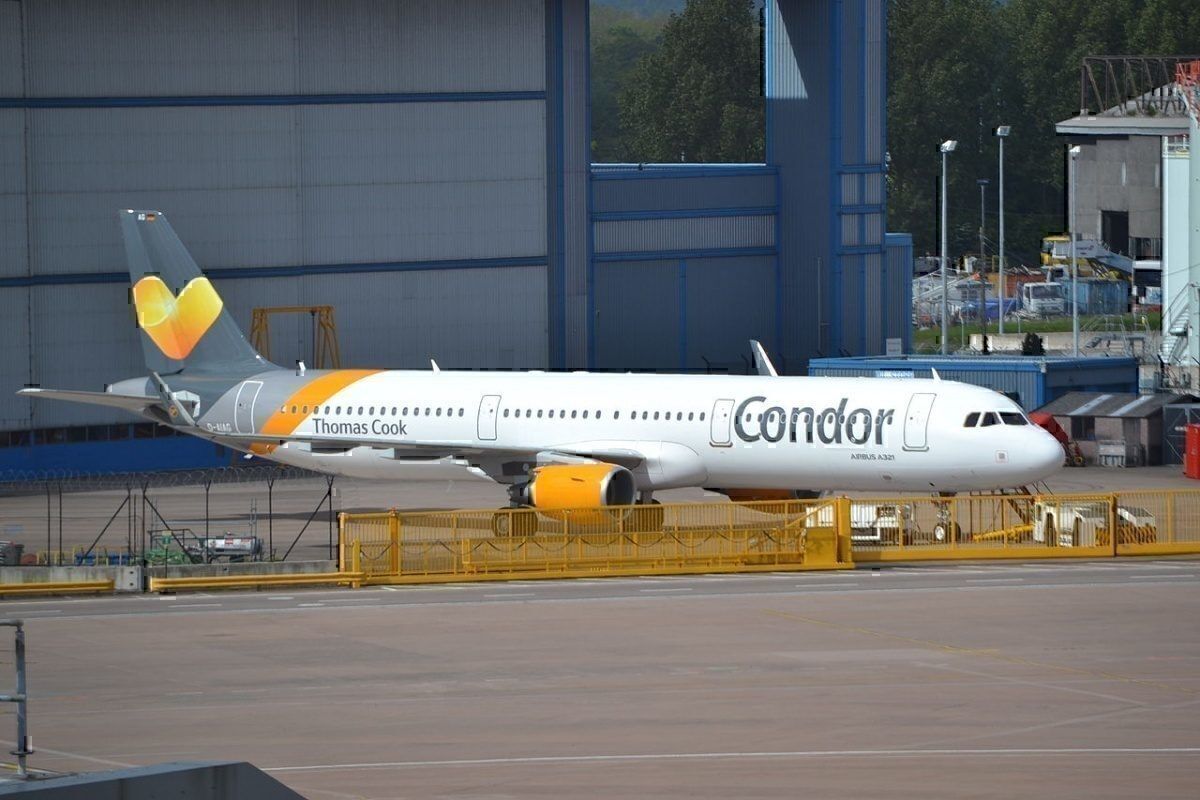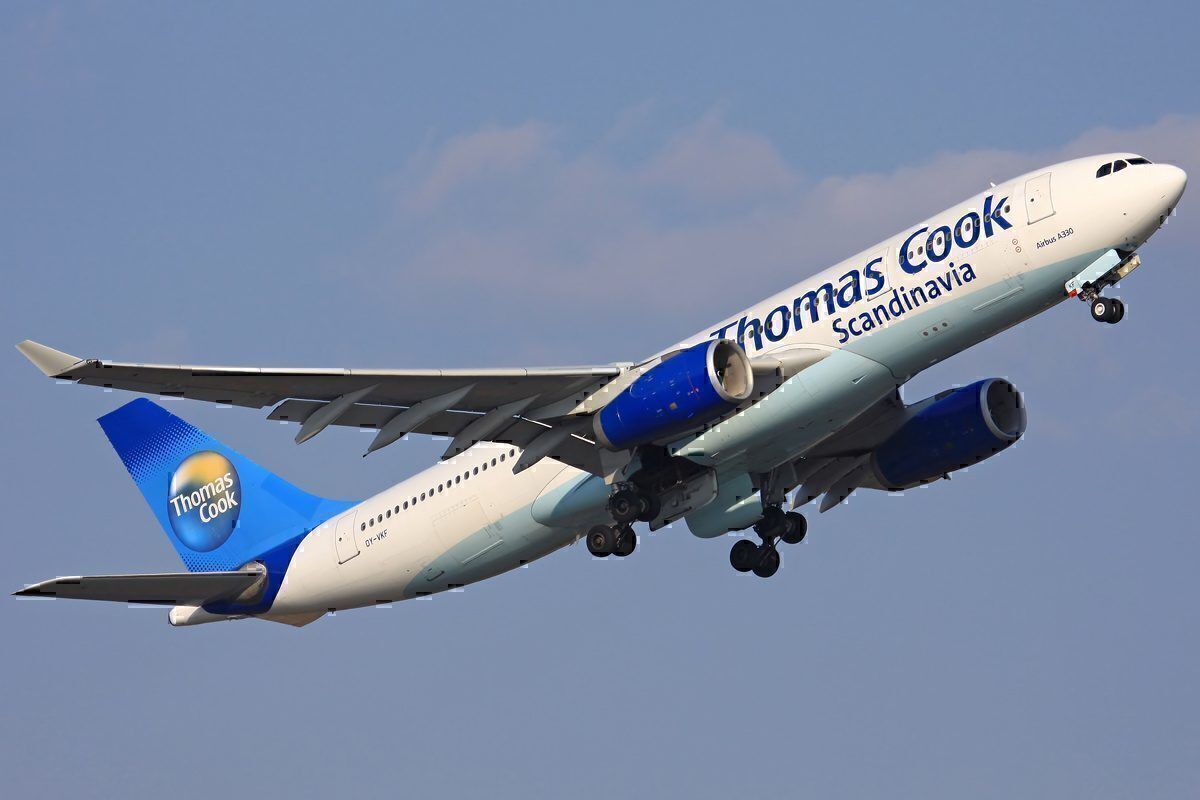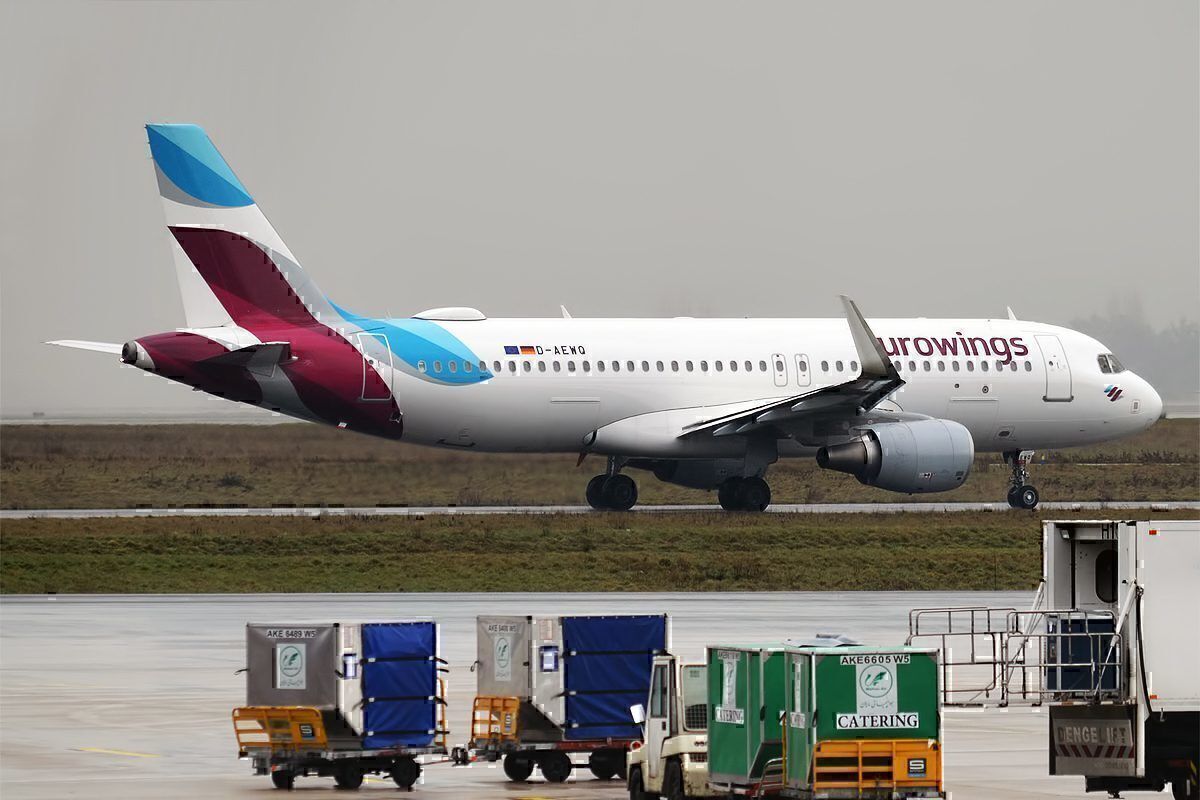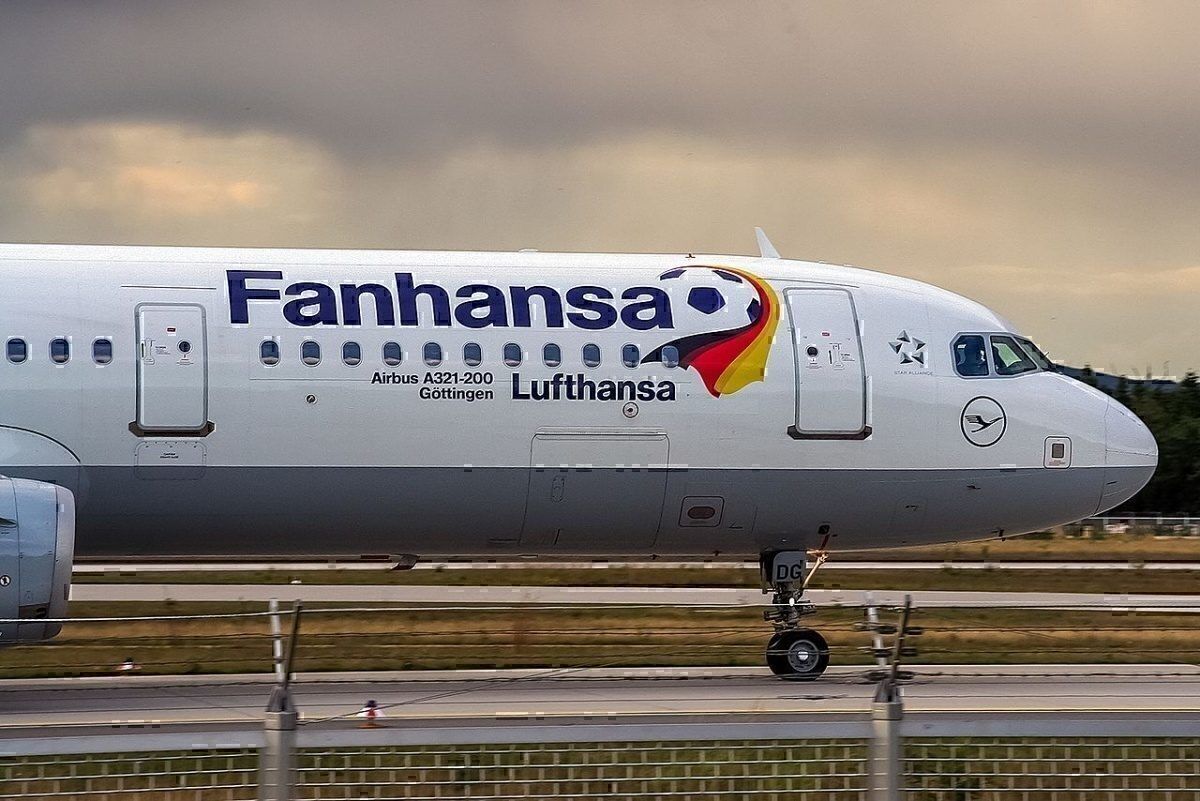As time passes, facts and events transpire. Here, we look at three stories previously covered by Simple Flying. In today's update: Condor, Thomas Cook Scandinavia, and Germany's domestic tax scheme.
Condor clarifies its position
On the 23rd of September, Simple Flying reported on the future of Condor amid Thomas Cook's bankruptcy. Yesterday evening, Condor reached out to the press, clarifying its position.
The statement confirmed that, "in order to prevent possible liquidity shortages at Condor, a government-backed bridging loan was applied for". While the Federal Government was still considering the application, the state of Hesse had already pledged its support.
The German company also affirmed its sound financial footing, stating that in the 2017/18 fiscal year, Condor achieved operational earnings (EBIT) of around 43 million Euros. The company further confirmed cash flow was positive.
While the financial situation is positive for Condor, the company has nonetheless been affected by Thomas Cook's insolvency. Condor can no longer accept passengers and bookings from Thomas Cook Group tour operators.
That said, direct ticket sales with Condor are, for the time being, unrestricted. However, the company advised that customers should purchase travel cancellation insurance at the time of booking.
Thomas Cook's Nordic operations seek to continue trading
In a press-release, Vinggrupen, Thomas Cook's Nordic subsidiary has announced that it will resume operations. The company hopes that as an independent entity, it will be unaffected by the Group's collapse.
"Since we are an independent and profitable part of the business, we are already able to continue our operations with support from our banks, lenders and guarantors,” - Magnus Wikner, managing director of the Ving group in the Nordics
The entities concerned are Ving group, Nordic travel companies Spies Travel, Tjäreborg and Globetrotter Sverige, and Thomas Cook Airlines Scandinavia.
Without giving any specifics, the Nordic press release affirmed the companies' financial strength. It also reaffirmed the company's responsibility to customers, employees, suppliers and partners.
According to Airportia, Thomas Cook Airlines Scandinavia (IATA: DK) flights have operated today, the 24th of September.
Germany's government finalizes tax plans
On the 17th of September, Simple Flying reported that Germany's leading party, the Christian Democratic Union (CDU), was planning to double domestic aviation taxes. On the 20th of September, the German Cabinet (Bundesregierung) announced its climate program 2030.
The announcement contained a myriad of schemes, touching on issues such as energy and CO2 pricing through to waste and transportation.
One part of the program aims to make rail travel cheaper, by reducing VAT from the current 19% rate to just 7%. Moreover, the government and rail-operator, Deutsche Bahn, hope to invest €86 billion in the rail network.
At the same time, the government seeks to raise the relative cost of short-haul flights. This will be achieved by the predicted increases in the air travel tax from the first of January 2020, and the introduction of a price ceiling.
According to CH-Aviation, the minimum fares will apply to all flights leaving Germany and dictates that ticket prices cannot be less than the sum of taxes, fees, and other charges.
Germany’s aviation association, BDL, has expressed doubt on the effectiveness of nationally imposed aviation taxes. The associated adds that German airlines already support international instruments for carbon pricing, such as CORSIA and the EU-ETS.
"Air transport is an international industry which is why national taxes are ecologically and economically counterproductive. They do not reduce CO2 emissions at all, but merely shift them to regions where those taxes are not raised" - Spokesperson, Bundesverband der Deutschen Luftverkehrswirtschaft (BDL).
Do you have an aviation news update which you would like to share? Do you have any thoughts on the topics covered in this update? Let us know in the comments.

